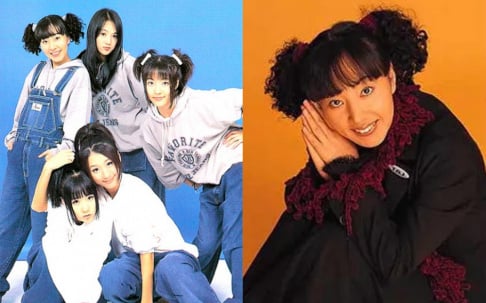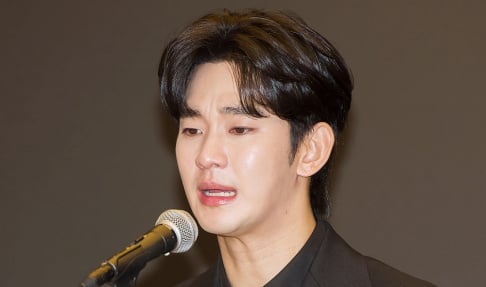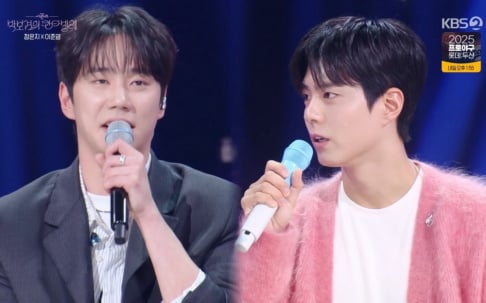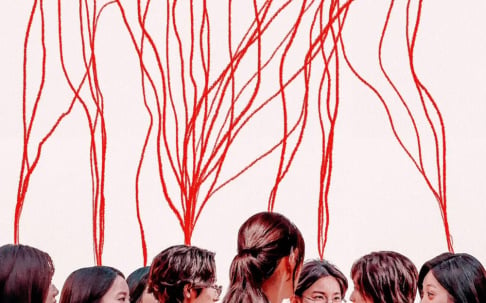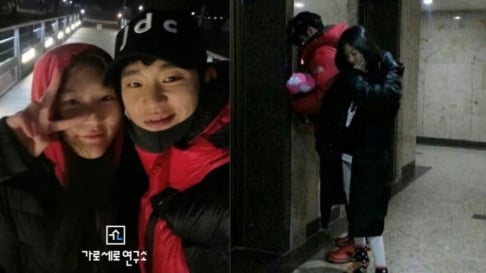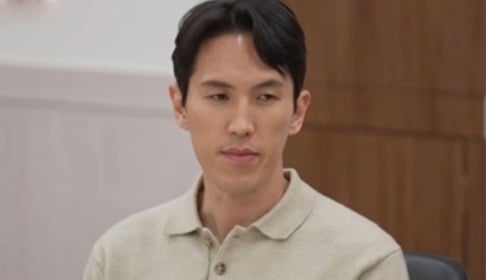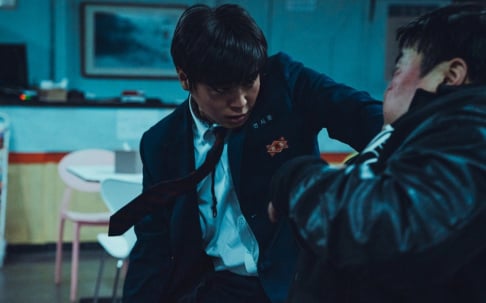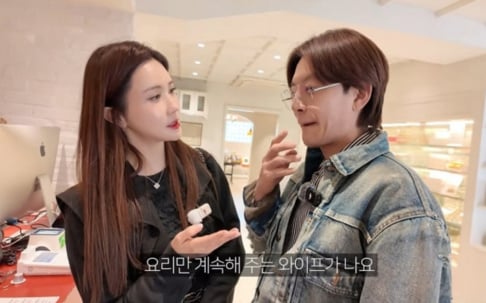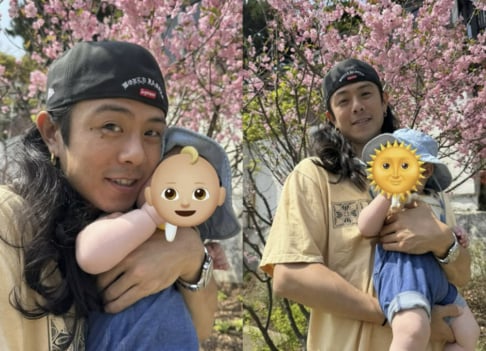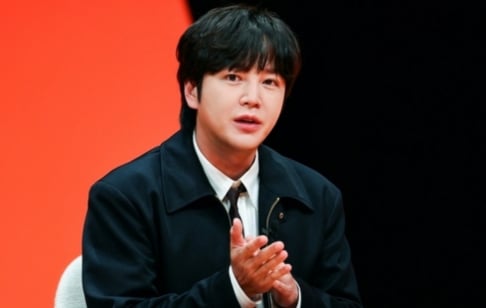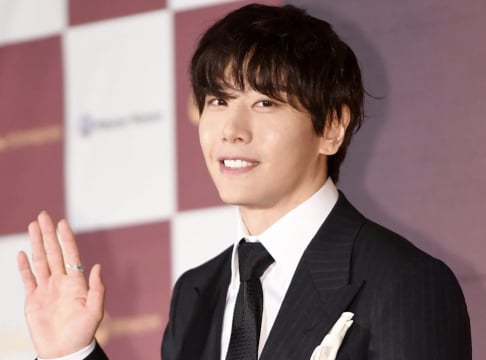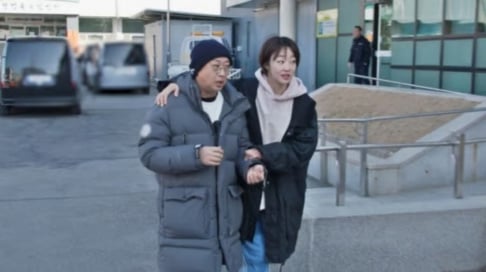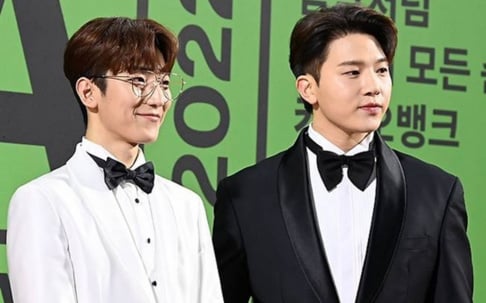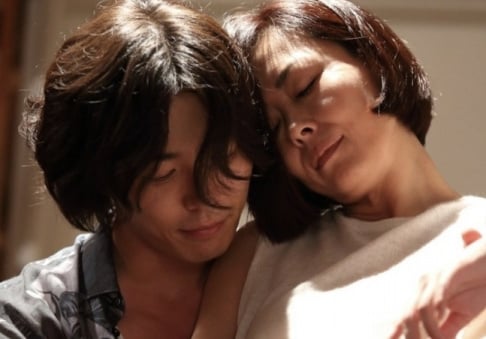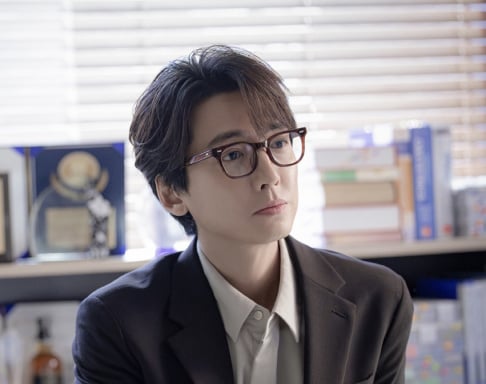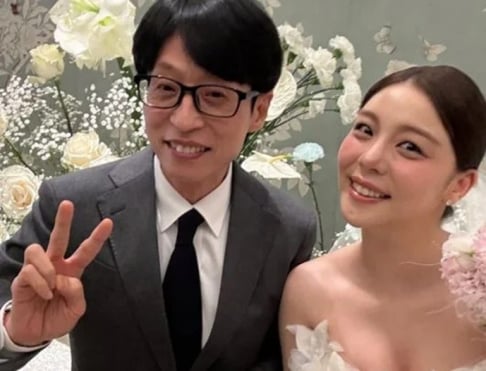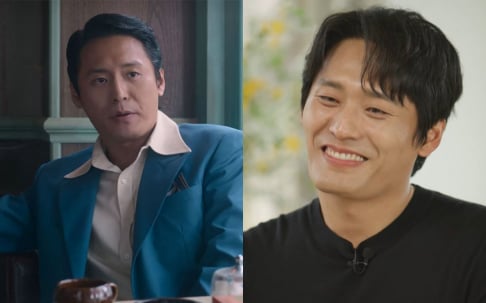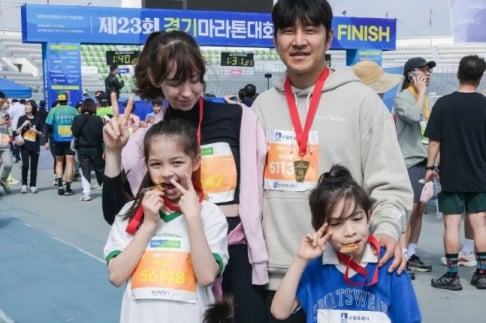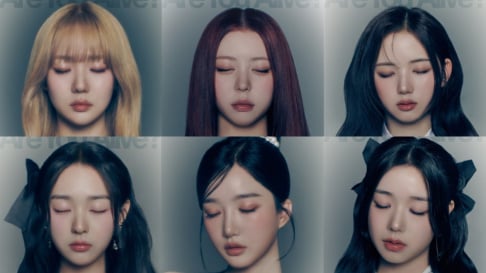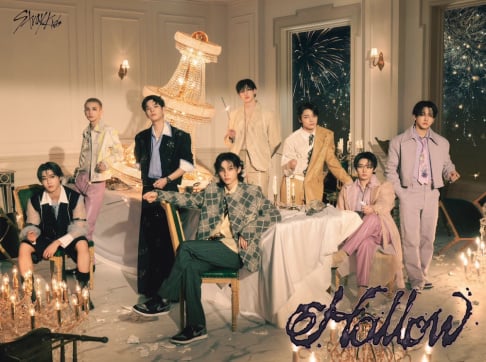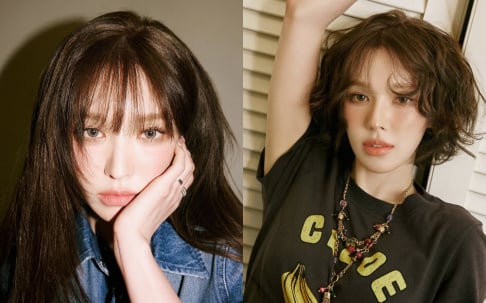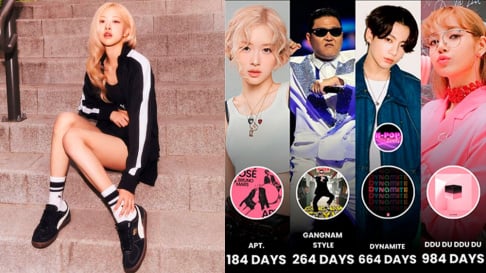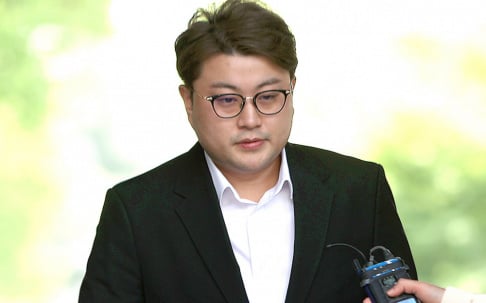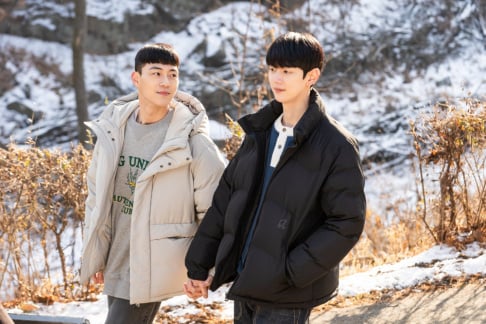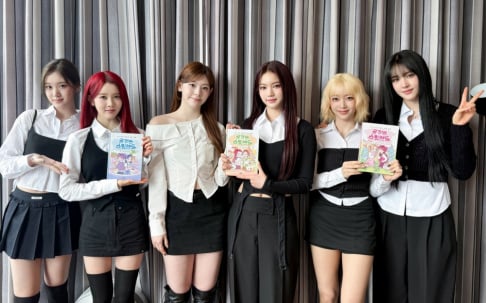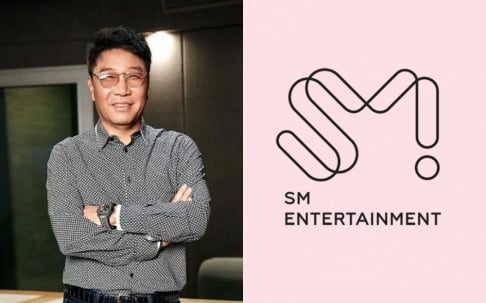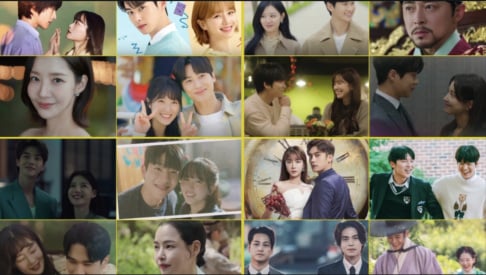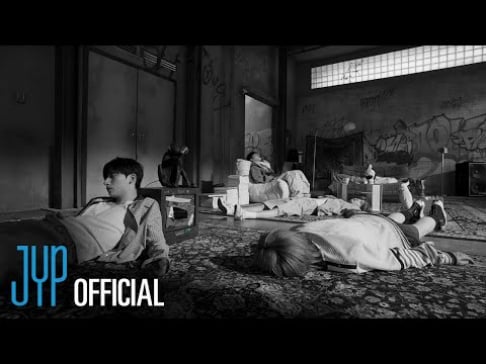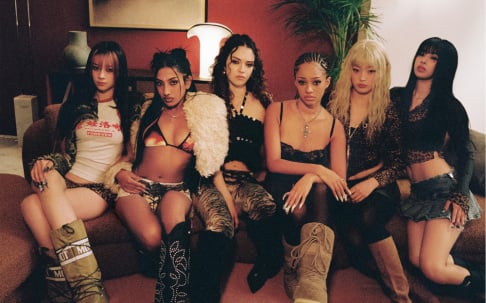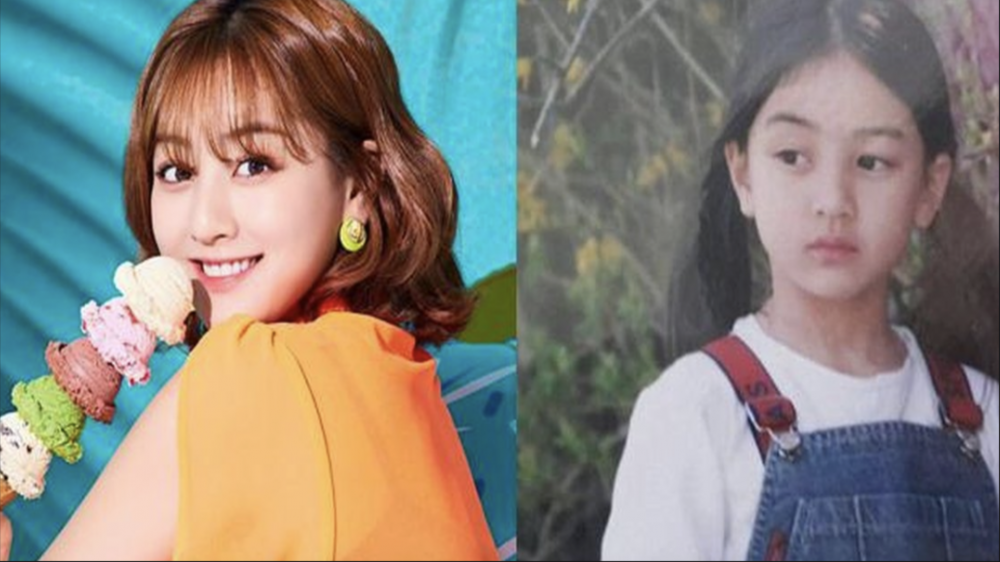
K-pop entertainment companies have once again found themselves at the center of controversy. This time, a pre-debut clip of TWICE’s Jihyo during her trainee days has gone viral, sparking heated debates online.
Jihyo’s Early Trainee Days: A Shocking Revelation
The clip, which has been widely circulated over the past few days, features a very young Jihyo being teased by 2PM’s Taecyeon. In response to the teasing, Jihyo throws what appears to be a ball at Taecyeon. While the interaction itself might seem playful, what shocked many viewers was Jihyo’s tender age at the time. For context, Jihyo is known for having one of the longest trainee periods among K-pop idols, spending a decade in training before her official debut with TWICE. She began her journey as a trainee at just seven years old with SM Entertainment before moving to JYP Entertainment at the age of eight in 2005.
The viral clip has ignited criticism from netizens, with many expressing concern over Jihyo’s exposure to the demanding K-pop industry at such a young age. The industry’s reputation for intense scrutiny and harsh training environments has long been criticized, and this clip served as a stark reminder of the challenges faced by young trainees.
The Ethics of Recruiting Young Trainees
This incident has reignited a widespread and deeply emotional debate about the ethical implications of recruiting minors into the high-pressure world of entertainment. The K-pop industry, in particular, has long faced scrutiny for its intense training programs that often push individuals to their limits. However, the issue becomes even more controversial when young children, still in their formative years, are subjected to these demanding environments. Critics argue that the lack of regulations in South Korea regarding the minimum age for trainees to audition or debut represents a glaring oversight in an otherwise tightly controlled industry.
This absence of safeguards leaves many wondering about the long-term consequences for these young aspirants. Children entering the entertainment industry are thrust into a world of relentless competition, constant evaluation, and, in some cases, public criticism—all of which can have a profound impact on their mental and physical health. At such a young age, when their emotional resilience and intellectual capacities are still developing, they are ill-equipped to cope with the pressures of stardom.
Moreover, the lack of minimum age regulations also raises concerns about exploitation. Young trainees often sacrifice their education, social development, and childhood freedoms to chase dreams that may have been influenced by societal or parental expectations rather than their own informed choices. Many fans and industry insiders are calling for urgent reforms, emphasizing the need for clear policies that prioritize the well-being of these young individuals over the commercial interests of entertainment companies.
Parental Influence and Idol Aspirations
These concerns aren’t new and have been a recurring topic in discussions about the K-pop industry’s practices. The debut of NewJeans brought the issue into sharp focus once again, as their remarkably young ages shocked both fans and critics alike. The public outcry highlighted the ongoing debate about whether the K-pop industry prioritizes talent and marketability at the expense of ethical considerations, particularly when it comes to recruiting minors.
Historically, there have been cases where idols entered the industry against the wishes of their parents. For example, RIIZE’s Anton faced resistance from his family, despite having a father who is a renowned singer and a mother who is an actress. Similarly, BTS’ RM encountered significant opposition from his mother, who disapproved of his aspirations in music. These cases often illustrate the sheer determination and passion of these individuals, who worked tirelessly to prove themselves and ultimately achieve their dreams.
However, for every idol who defied family objections, there are many more whose entry into the industry was actively encouraged—or even pushed—by their parents. Families often see the K-pop industry as a path to fame and financial stability, a dream that is especially appealing in a society where success is often measured by public recognition. In some cases, parents may enroll their children in talent academies or push them to attend auditions, hoping they will be scouted by a major entertainment agency. While these decisions are often made with the child’s future in mind, they can sometimes overlook the intense pressures and sacrifices required to survive in the industry.
This raises critical ethical questions about how equipped a young child is to make such life-altering decisions about their future. At that age, children are still exploring their identities, developing basic skills, and navigating the early stages of emotional growth. They lack the maturity and life experience to fully comprehend the long-term consequences of entering an industry as competitive and demanding as K-pop. Furthermore, the structured and disciplined lifestyle imposed on young trainees often leaves little room for normal childhood experiences, including education, friendships, and leisure.
The Future of K-pop: A Call for Reform
As K-pop continues its meteoric rise in global popularity, the allure of fame and success is attracting increasingly younger aspirants. Children as young as seven or eight are seeking out auditions, inspired by the glittering lives of idols they see on screen. Companies, ever eager to capitalize on this enthusiasm, view youth as an asset, believing that younger trainees have more time to mold into the perfect idol. However, this relentless pursuit of youth raises significant concerns about the long-term impact on these individuals. Mentally and physically, children are often unprepared for the pressures and challenges of such a competitive and unforgiving environment, where criticism and high expectations can take a toll on even the most resilient.
The resurfacing of Jihyo’s pre-debut clip has provided a sobering reminder of the darker side of K-pop. While the industry thrives on glamour and talent, the price paid by its youngest members raises important ethical questions that demand answers and action.
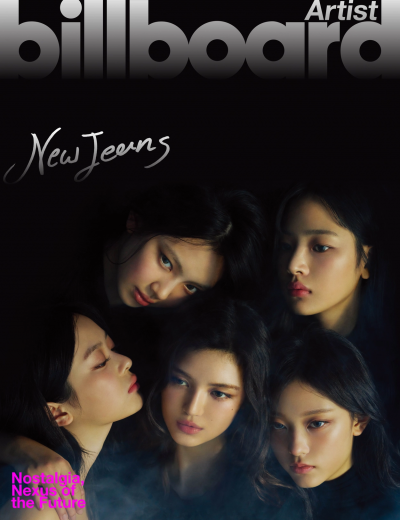
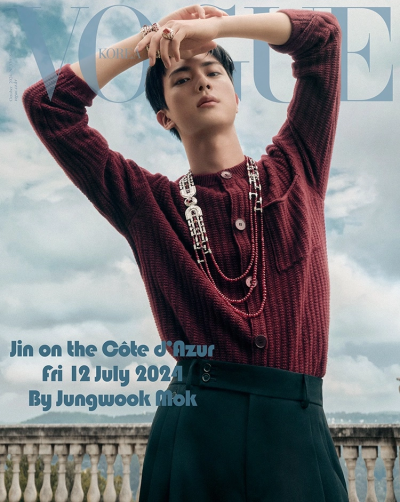
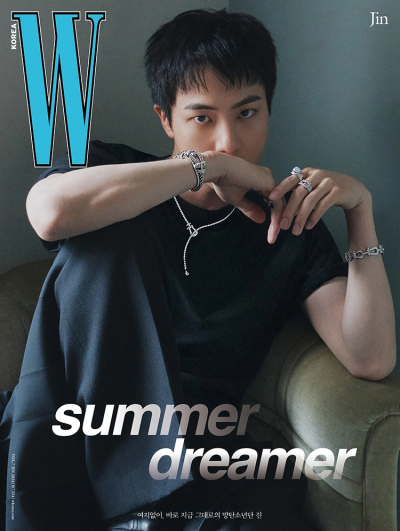

 SHARE
SHARE

